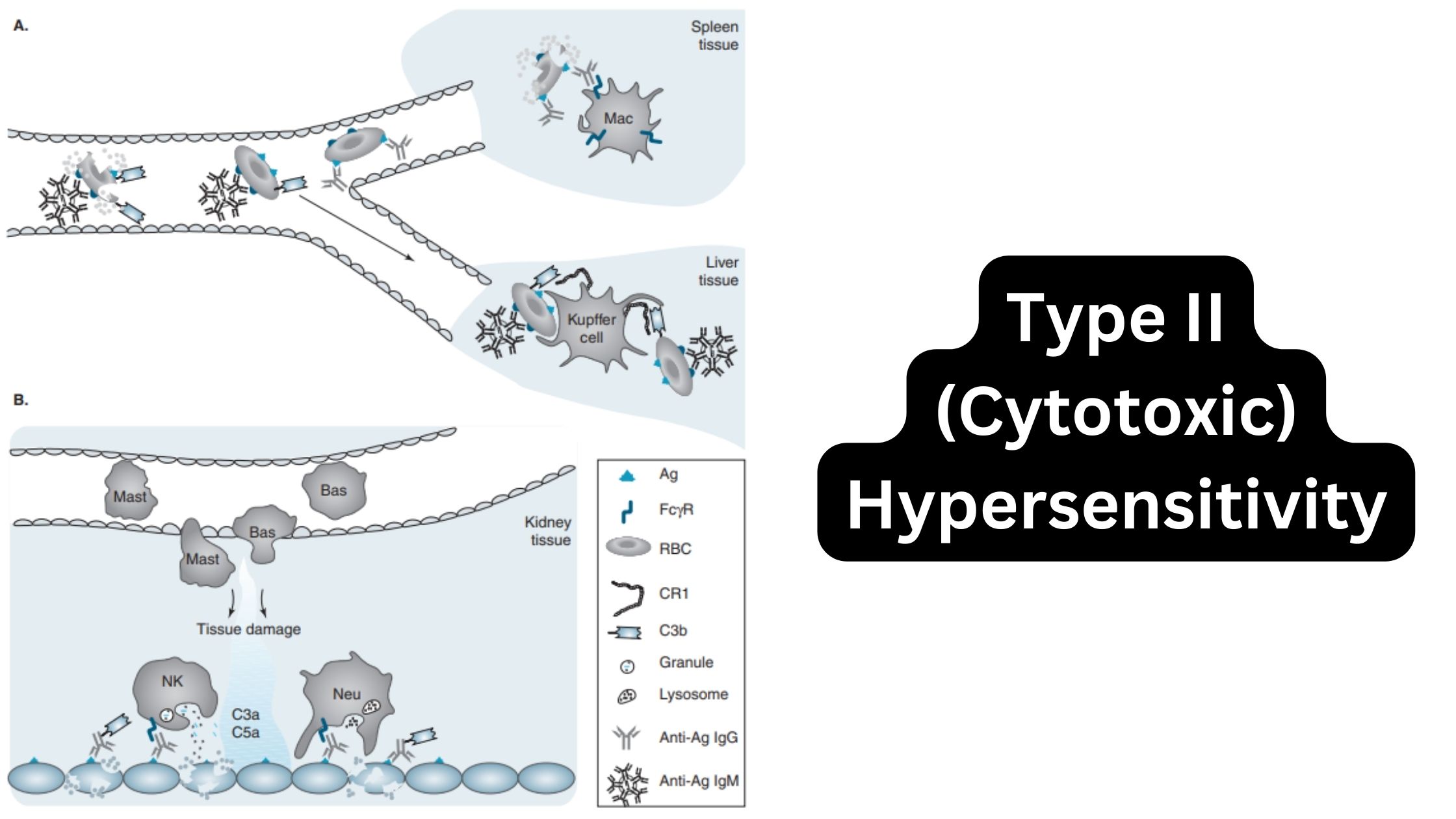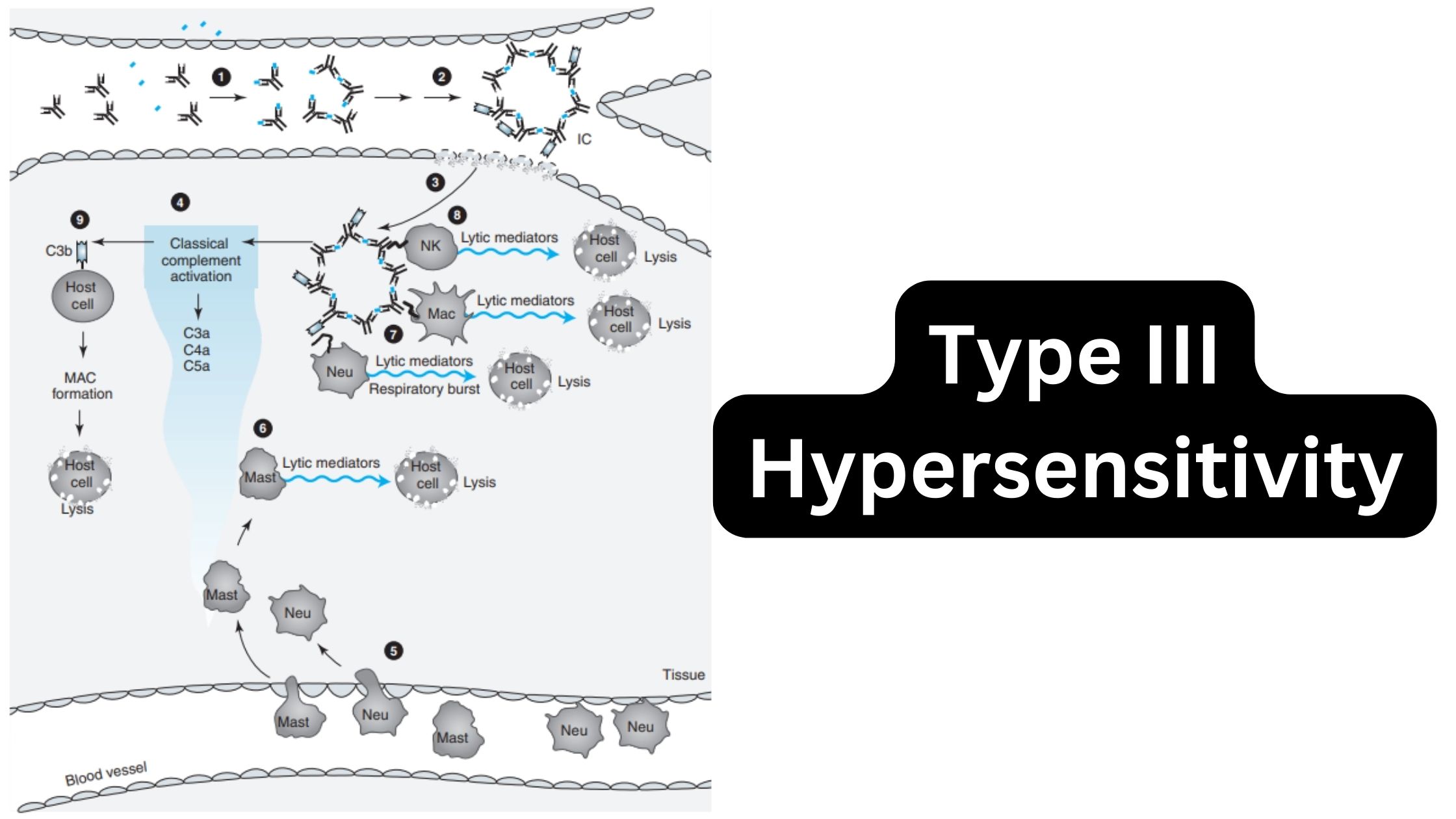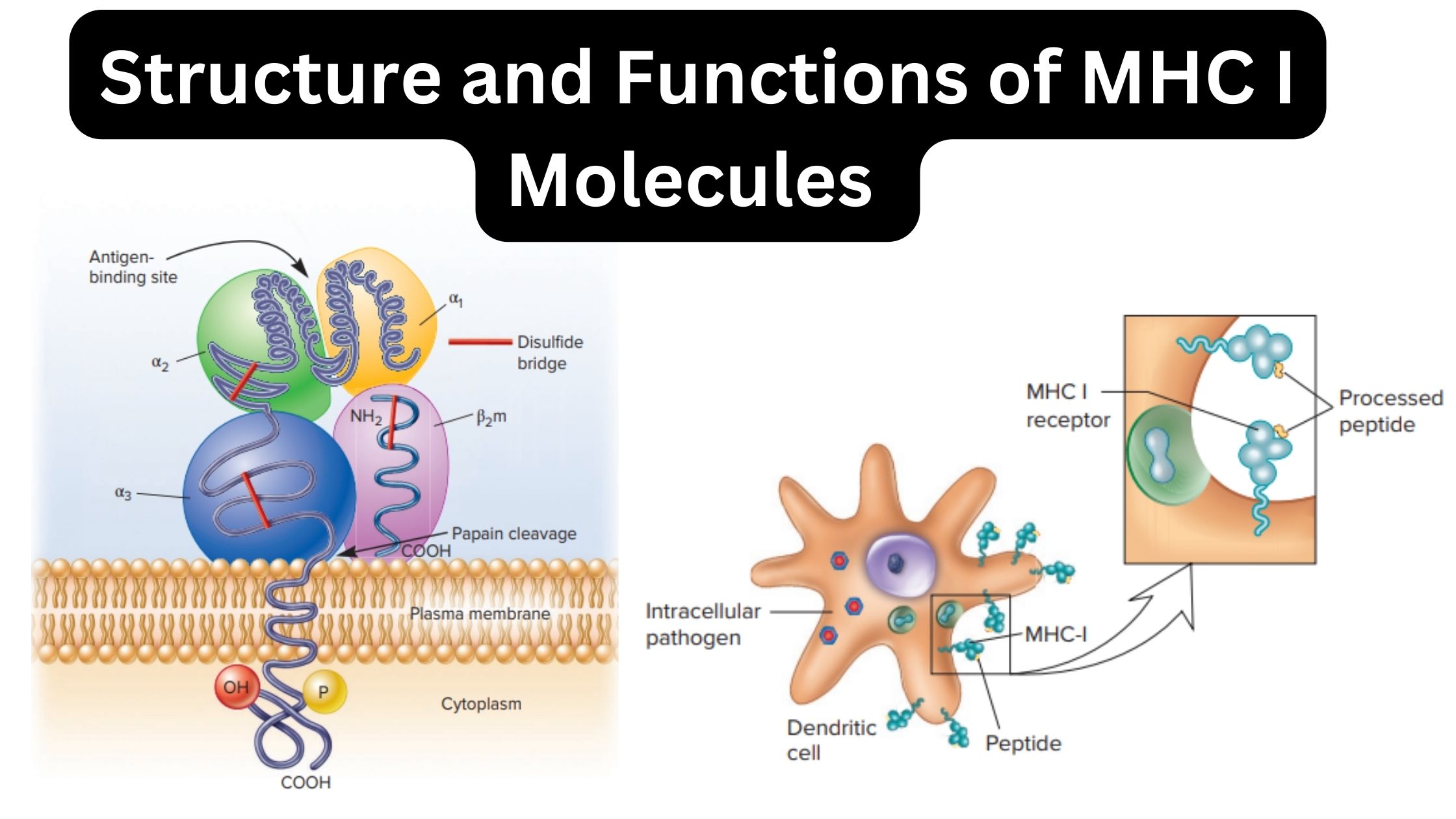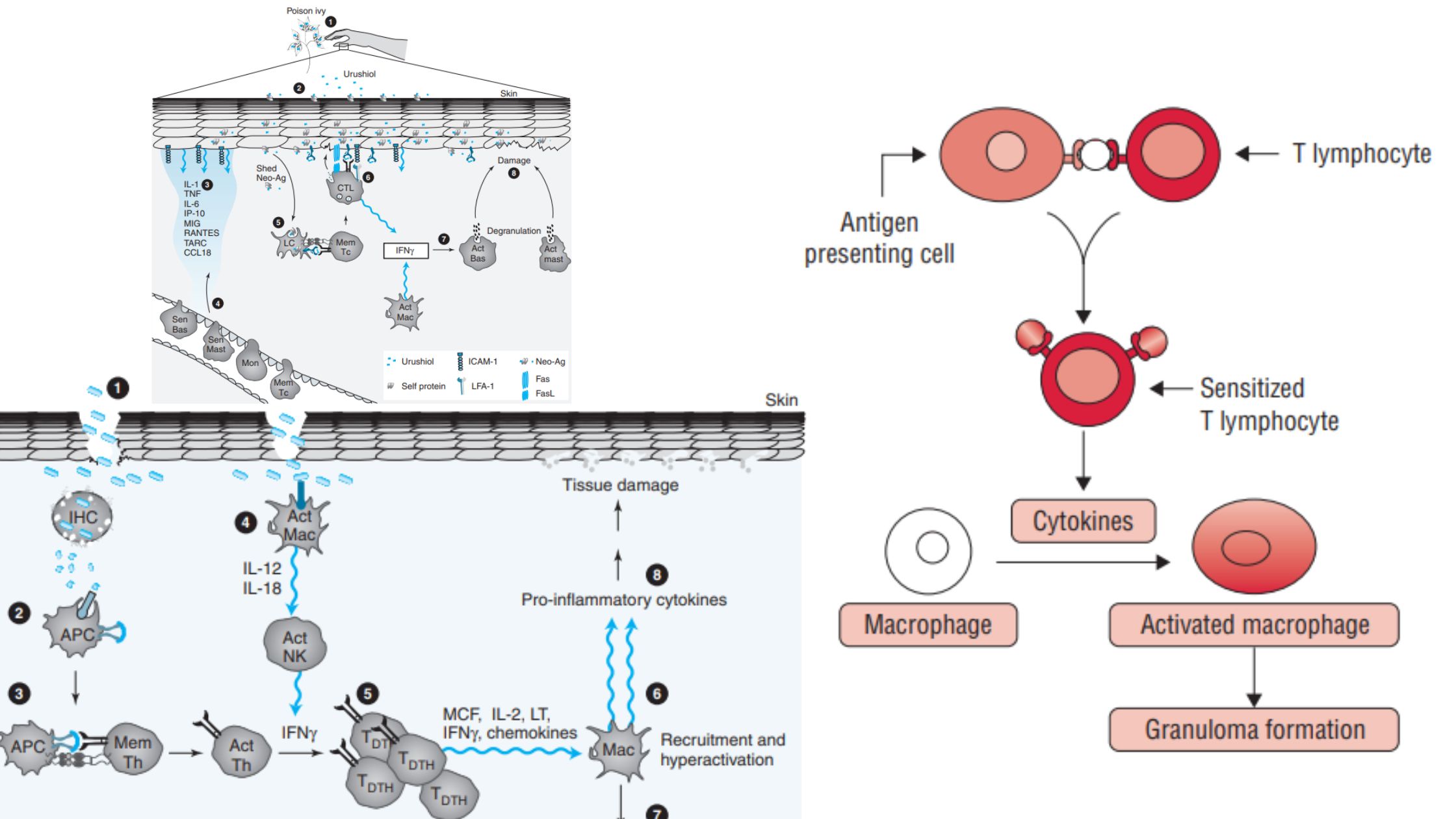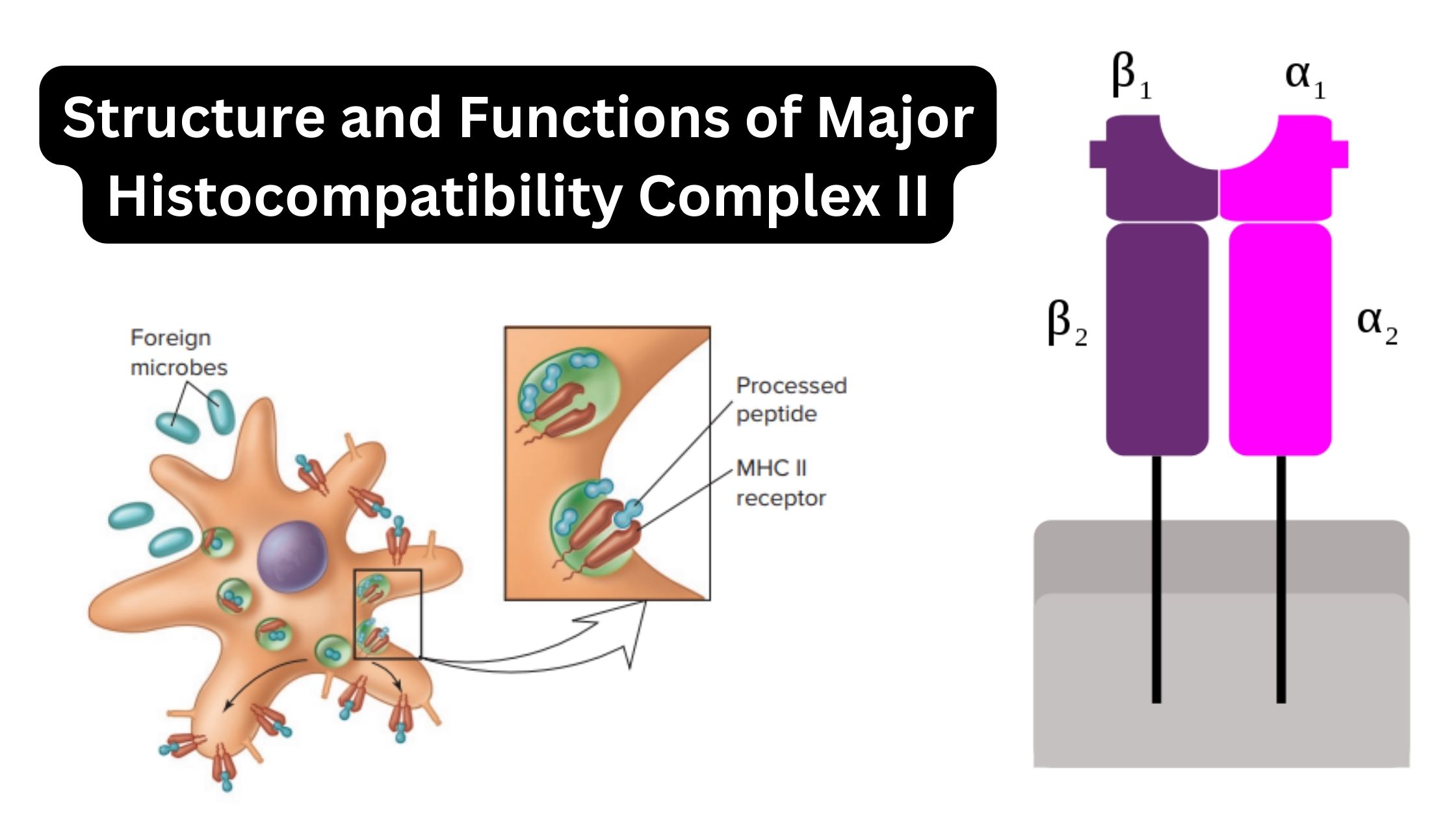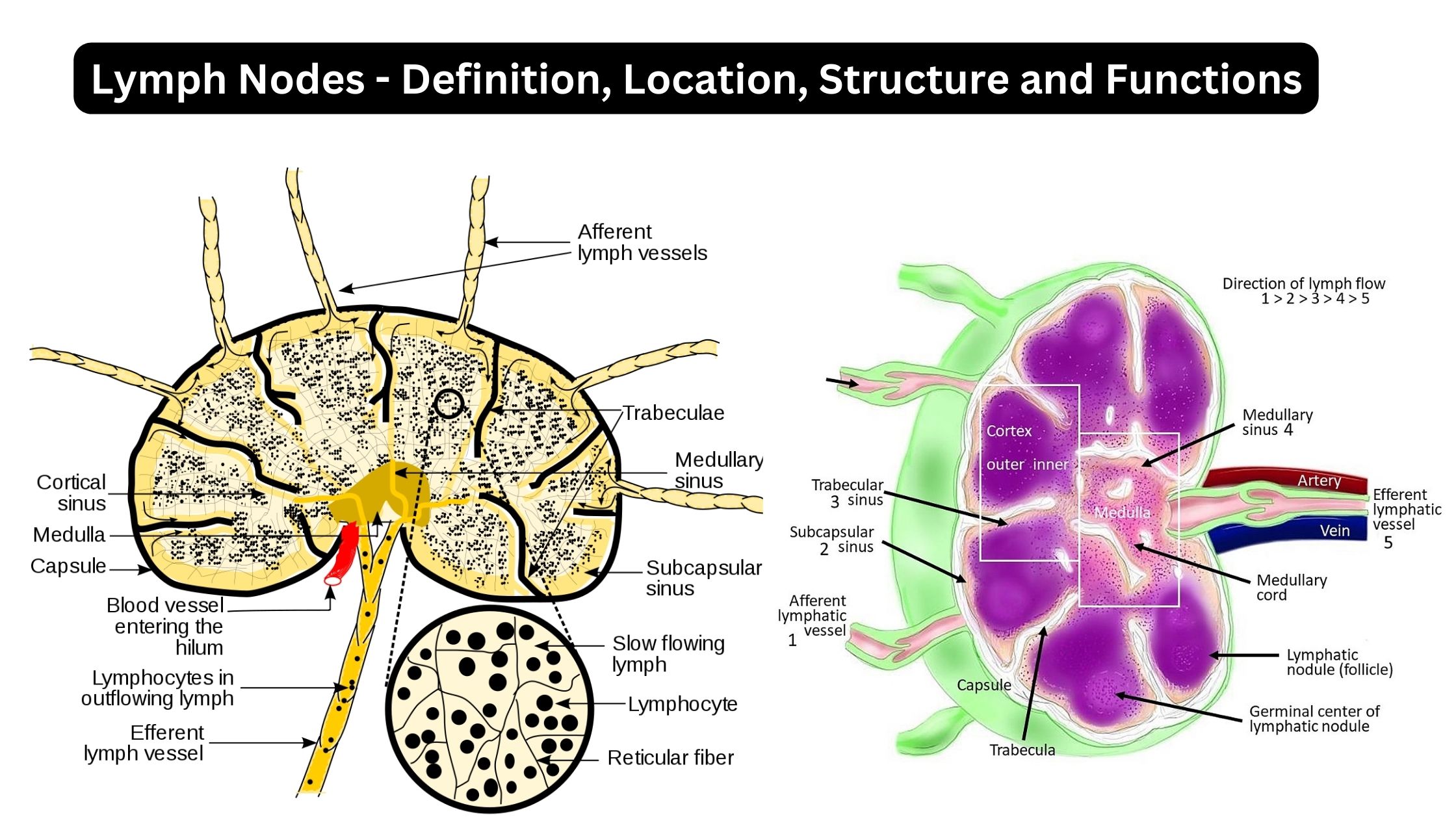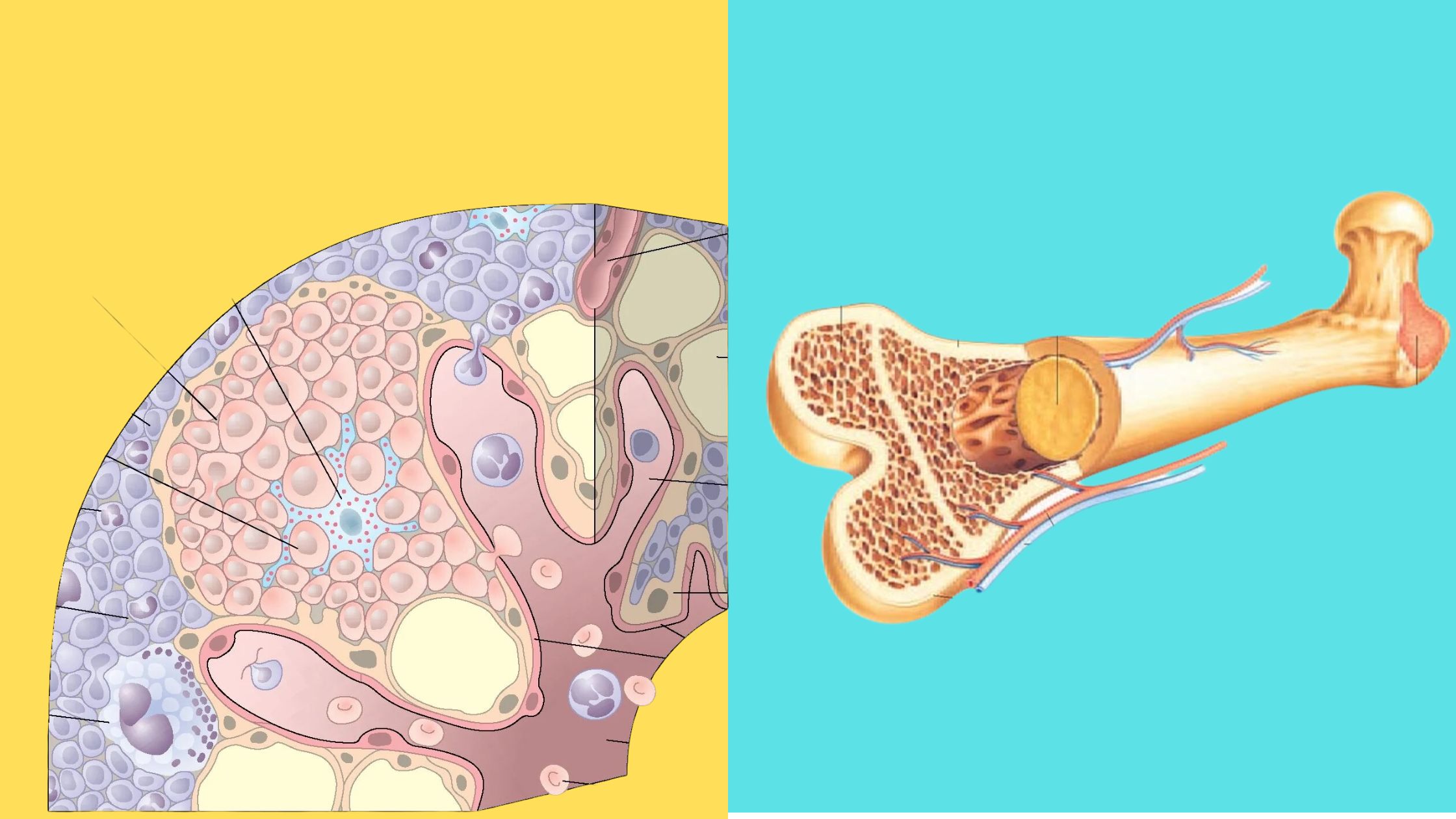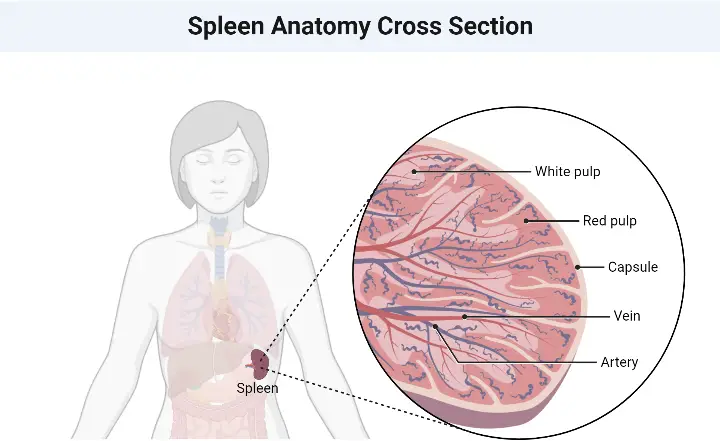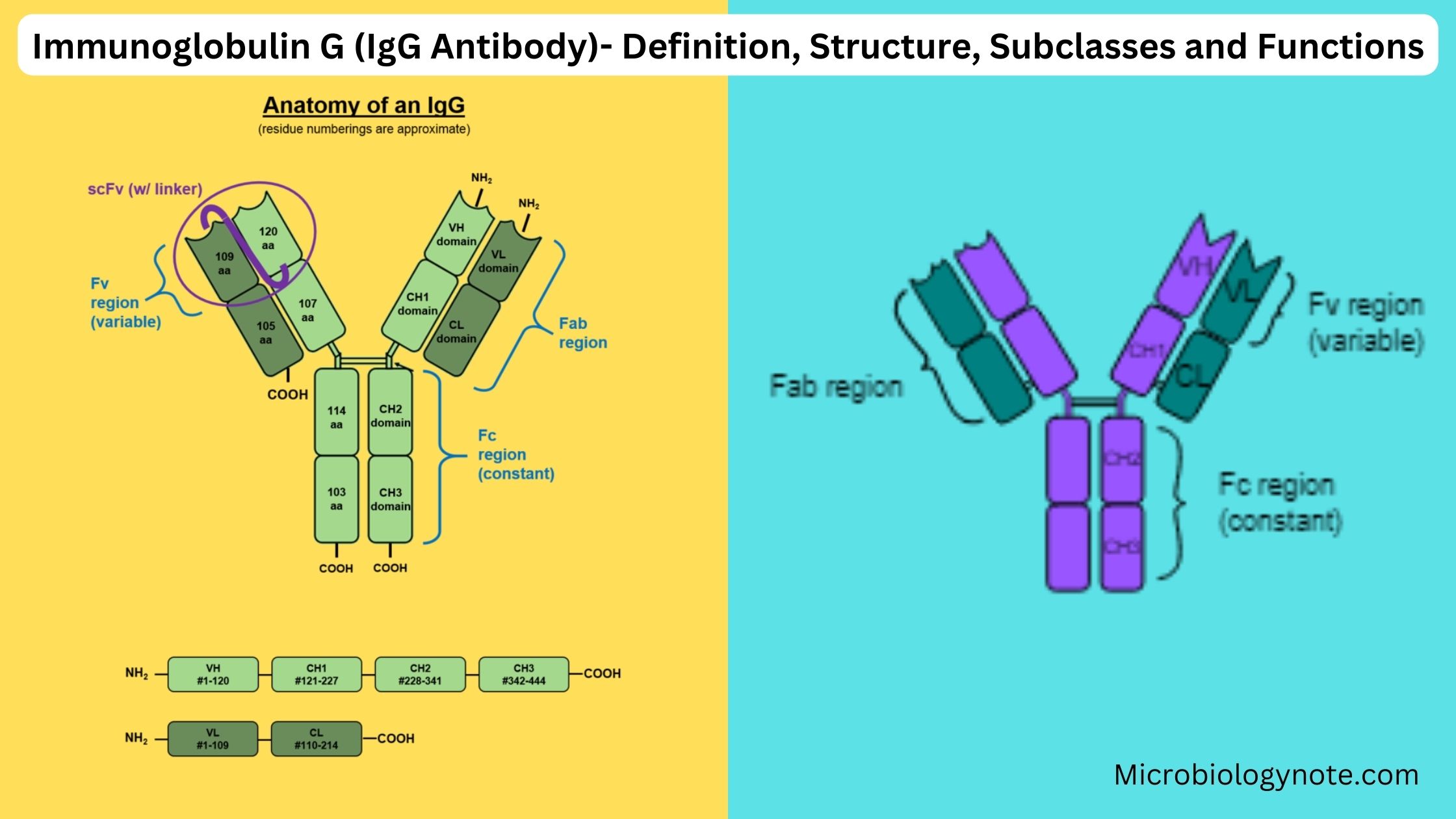Type II (Cytotoxic) Hypersensitivity – Definition, Mechanism, Examples
What is Type II Hypersensitivity? Definition of Type II Hypersensitivity Type II hypersensitivity is an immune response characterized by the destruction of healthy cells mediated by antibodies, specifically IgG or IgM, targeting antigens on the surface of host cells. This antibody-mediated reaction can lead to cell lysis, tissue damage, or loss of function. Mechanism of … Read more
